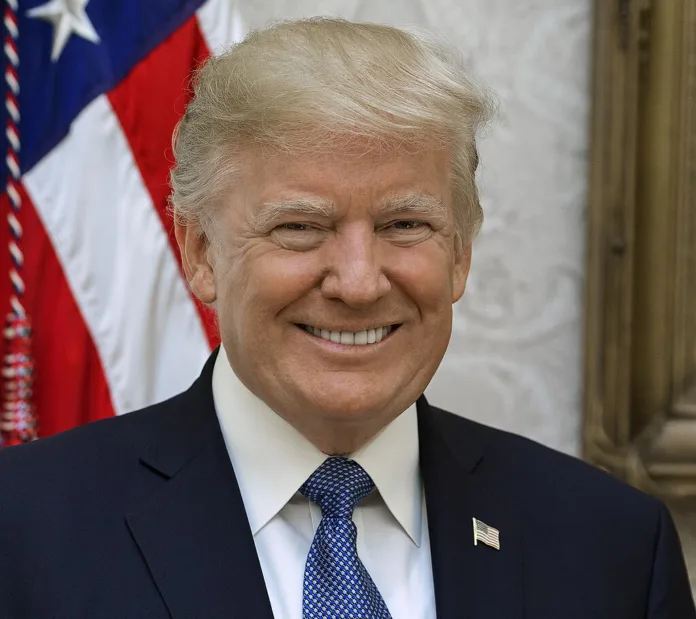Landmark decision overturns Colorado ruling, affirming Trump’s candidacy
In a pivotal ruling that reverberated across the political landscape, the Supreme Court unanimously decided that states do not have the authority to bar former President Donald Trump from the 2024 election ballot. This decision, issued in Trump v. Anderson, nullified a prior judgment by the Colorado Supreme Court which had declared Trump ineligible due to allegations of insurrection on January 6, 2021.
The Supreme Court’s opinion clarified that while states can disqualify individuals from holding state offices, they lack the constitutional power to enforce Section 3 of the 14th Amendment against federal officeholders, including the Presidency. The Justices emphasized that their ruling did not address whether Trump had engaged in insurrection, focusing instead on the constitutional limits of state power.
This ruling arrived just before Colorado’s participation in the Super Tuesday primaries, highlighting its immediate impact on the electoral process. Trump hailed the decision as a “BIG WIN FOR AMERICA!!!”, reflecting the significance of the judgment in securing his place on the ballot amidst ongoing legal and political challenges.
Despite their unanimous agreement on the outcome, the Justices diverged on certain aspects. The liberal Justices and Justice Amy Coney Barrett penned concurring opinions, disputing the notion that only Congress could enforce Section 3 disqualifications. Barrett notably urged a temperance in judicial rhetoric, underscoring the unanimity of the decision as a crucial takeaway for the American public.
The Supreme Court’s intervention in this case drew comparisons to the landmark Bush v. Gore decision, underscoring the court’s influential role in presidential elections. Legal experts and commentators have noted the potential precedent set by this ruling, likely affecting Trump’s candidacy in other states where his eligibility has been questioned.
Colorado Secretary of State Jena Griswold expressed disappointment, advocating for the state’s right to enforce constitutional provisions against federal candidates. However, the Supreme Court’s decision underscores the complex interplay between state authority, federal elections, and constitutional law, setting a definitive precedent for the 2024 election cycle.
As the nation anticipates further legal battles involving the former President, including a case on his immunity from prosecution related to election charges, the Supreme Court’s unanimous decision in Trump v. Anderson represents a significant moment in American jurisprudence and electoral politics.
